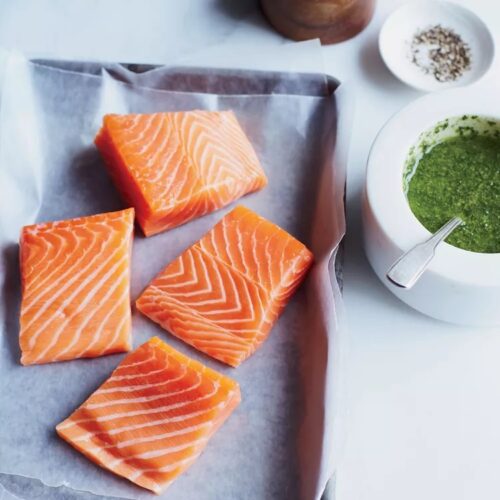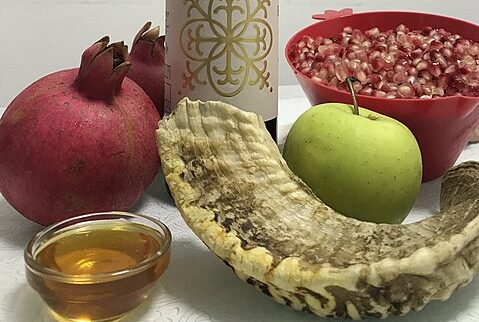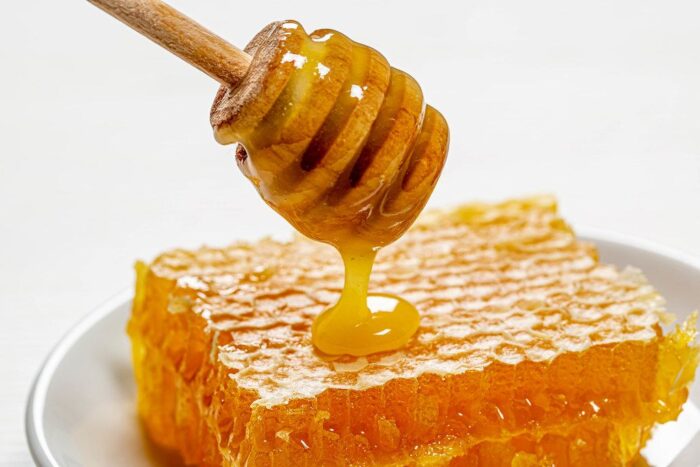Vegetable oil is oil that is extracted from various types of fruits, seeds, grains, and nuts (all considered vegetables for this purpose). The most popular oils are made from canola, coconut, corn, cottonseed, olive, palm, palm-kernel, peanut, safflower, soybean, and sunflower. Vegetable oil is used to add flavor, assist with texture, and to cook food.
How is Vegetable Oil made?
Some oils, such as virgin olive oil, are cold pressed which is a very simple process; the olives are pressed, the oil comes out, is filtered, and ready to use. The majority of oils, however, go through a more complex process.
First, the vegetables are crushed to extract the oil. The crushed mixture is then heated and mixed with hexane, a chemical which helps to extract the remaining oil. The solids are removed and used for animal feed, and the hexane is distilled from the crude oil. (Some vegetables are only crushed, while others are flattened, toasted, and only then can the oil be extracted with hexane.)
The crude oil undergoes a refining process to remove the impurities which affect the color, smell and taste of the oil. The refining process consists of three steps: refining, bleaching, and deodorizing (RBD).
Refining: The oil is treated with phosphoric acid, which causes the gums to separate from the oil so they can be filtered out. The oil is then treated with caustic soda, which reacts with the unwanted free fatty acids (FFA) turning them into soap; the soap is separated from the oil.
Bleaching: The oil is heated and mixed with filter aids, such as diatomaceous earth and clay. These filter aids absorb the coloring and other impurities in the oil. The oil is then filtered to remove the filter aids together with all the impurities.
Deodorizing: The oil is heated under a vacuum to about 480° Fahrenheit. Steam bubbles through the oil, removing the remaining free fatty acids and impurities.
After this process the oil is fully refined and ready to use.
Is Vegetable Oil kosher?
There are two potential kashrus issues concerning vegetable oils: equipment and transportation.
Equipment: The refining process of vegetable oils is similar to the refining process of animal fats and the same equipment can easily be used for both.
Transportation: Crude and refined vegetable oils are often shipped heated, or for longer than 24 hours (kavush) in bulk vessels such as tankers, rail cars and ships. The same transport methods are used in the transfer of non-kosher fats and liquids, and this poses a kashrus concern. Once a vessel is used for hot non-kosher products, or the product was in the vessel for more than 24 hours (kavush) the vessel is considered non-kosher.
Therefore, vegetable oil, and any product containing vegetable oil, can only be purchased with a reliable kosher certification.
Rabbi Hendel is a member of the OK Kosher Vaad HaKashrus.


 EN
EN  ZH
ZH  KR
KR  BR
BR  ES
ES  IN
IN  IL
IL 




